We're loading the full news article for you. This includes the article content, images, author information, and related articles.
East African legislator Winnie Odinga has ignited a fierce debate on the Orange Democratic Movement's future, calling for a National Delegates Convention to determine its relationship with President Ruto's government, exposing deep internal divisions.

MOMBASA, KENYA – A widening rift has emerged within the Orange Democratic Movement (ODM) over its strategic direction following the passing of its long-time leader, Raila Odinga. The divisions burst into public view during the party's 20th-anniversary celebrations in Mombasa, where East African Legislative Assembly (EALA) MP Winnie Odinga made a bold call for a National Delegates Convention (NDC) to redefine the party's relationship with President William Ruto's administration.
Speaking on Saturday, November 15, 2025, Ms. Odinga described the party's current power-sharing arrangement with the government as “complicated.” She argued that only her late father, Raila Odinga, was entrusted by the party's members to manage that delicate pact. In his absence, she asserted, the mandate must return to the people. “That relationship is complicated, and therefore we are looking and wondering — those taking it upon themselves to manage it now, are they capable of managing that relationship? That is not a question for me to answer. It is a question for the people of ODM to answer,” Ms. Odinga stated, demanding an NDC to allow the party faithful to choose who should lead future engagements.
Ms. Odinga's remarks have amplified a pre-existing schism within Kenya's largest opposition party. One faction, comprising senior party members serving in President Ruto's broad-based government, advocates for continuing and potentially formalizing the alliance. This group, which includes figures like Mining Cabinet Secretary Hassan Joho and Homa Bay Governor Gladys Wanga, argues that they are fulfilling the final wishes of Raila Odinga, who they maintain instructed them to work with the government to foster national unity and development. During Raila's funeral, President Ruto himself vowed to safeguard ODM and honor the vision of cooperation.
Conversely, a powerful counter-faction insists that ODM must retain its identity as a robust opposition party. Led by veterans like Siaya Governor James Orengo, this group has vehemently rejected any long-term coalition with Ruto's UDA party. On Friday, November 14, Governor Orengo dismissed the push for a deeper alliance as “idiotic” and a sign of cowardice, warning it would dilute the party's core principles. “Ruto needs ODM; it’s not ODM that needs Ruto,” Orengo declared, accusing some leaders of attempting to “drag ODM into government through the backdoor.” This sentiment is shared by ODM Secretary-General Edwin Sifuna and Embakasi East MP Babu Owino, who support returning the decision to the party's grassroots.
The debate is intrinsically linked to the sensitive issue of succession. Following Raila Odinga's death on October 15, 2025, his elder brother, Dr. Oburu Oginga, was confirmed as the interim party leader to ensure stability. However, Winnie Odinga's call for an NDC is seen by many as a direct challenge to the current leadership's authority to chart the party's course without a fresh mandate. Dr. Oginga responded to his niece's comments by stating he had worked alongside his brother for decades and understood his strategies, though he acknowledged the need for dialogue to resolve her concerns.
Winnie Odinga's more assertive political role has been both praised and criticized. Supporters, including Mumias East MP Peter Salasya, view her as a genuine voice for generational change who can carry her father's legacy forward. However, critics have cautioned that her rise could reinforce perceptions of the party as a dynastic entity. During the Mombasa event, Ms. Odinga also alleged that there were clandestine plots to “sell the party,” stating, “The party was not made in a bedroom, and its future will not be discussed as pillow talk.” These remarks have fueled speculation about secret negotiations and the true nature of the party's engagement with the government.
The internal power struggle within ODM carries significant implications for Kenya's political landscape. As the country's most established opposition force for two decades, its cohesion is crucial for a functioning multi-party democracy. A fractured ODM could significantly weaken the opposition ahead of the 2027 general elections, potentially altering the national political calculus. The outcome of this internal debate—whether resolved through an NDC or through continued internal maneuvering—will determine if ODM reclaims its traditional role as a government watchdog or evolves into a permanent partner in the ruling coalition, fundamentally reshaping Kenyan politics for the foreseeable future.
Keep the conversation in one place—threads here stay linked to the story and in the forums.
Sign in to start a discussion
Start a conversation about this story and keep it linked here.
Other hot threads
E-sports and Gaming Community in Kenya
Active 9 months ago
The Role of Technology in Modern Agriculture (AgriTech)
Active 9 months ago
Popular Recreational Activities Across Counties
Active 9 months ago
Investing in Youth Sports Development Programs
Active 9 months ago
Key figures and persons of interest featured in this article
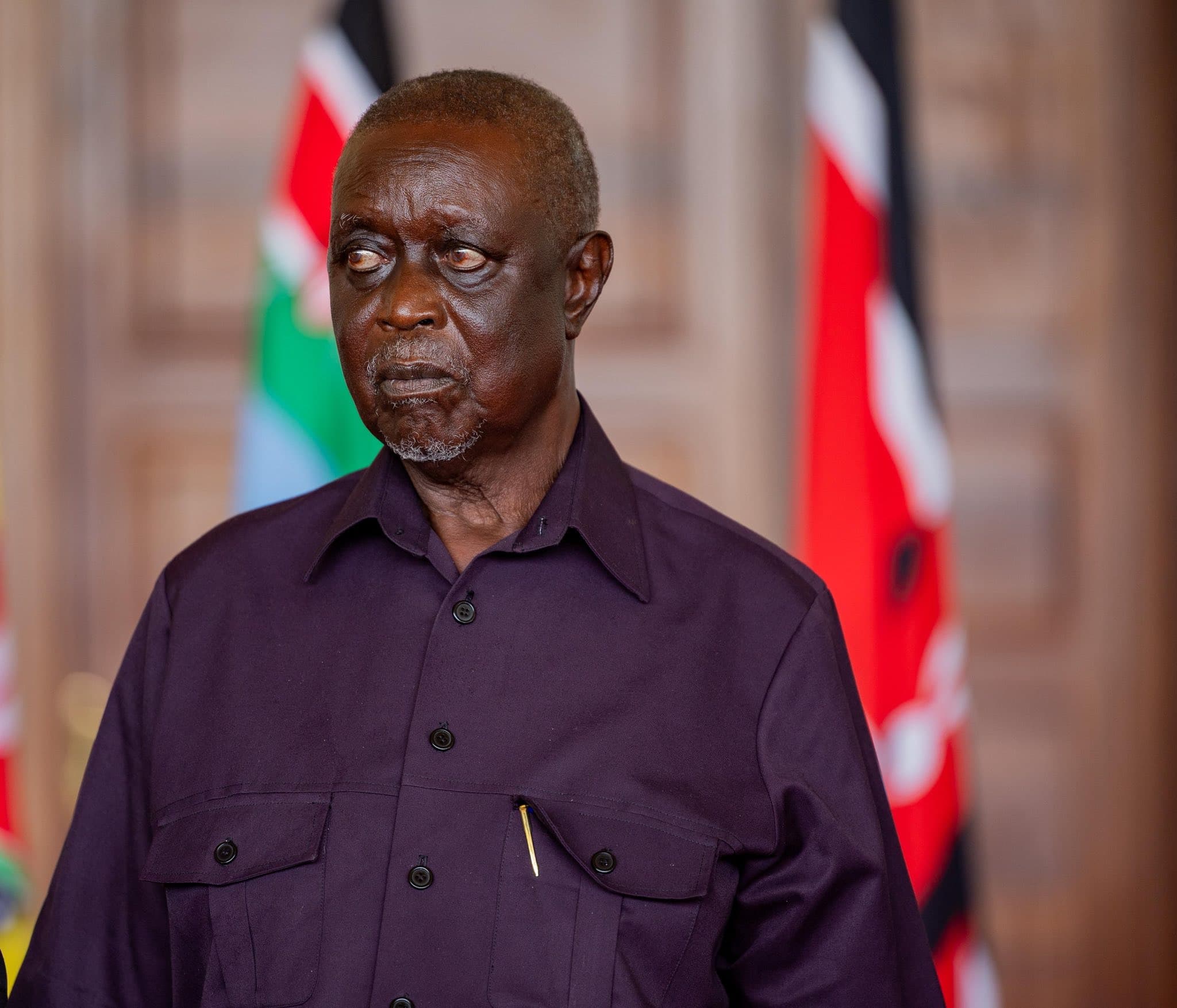
Senator for Siaya County
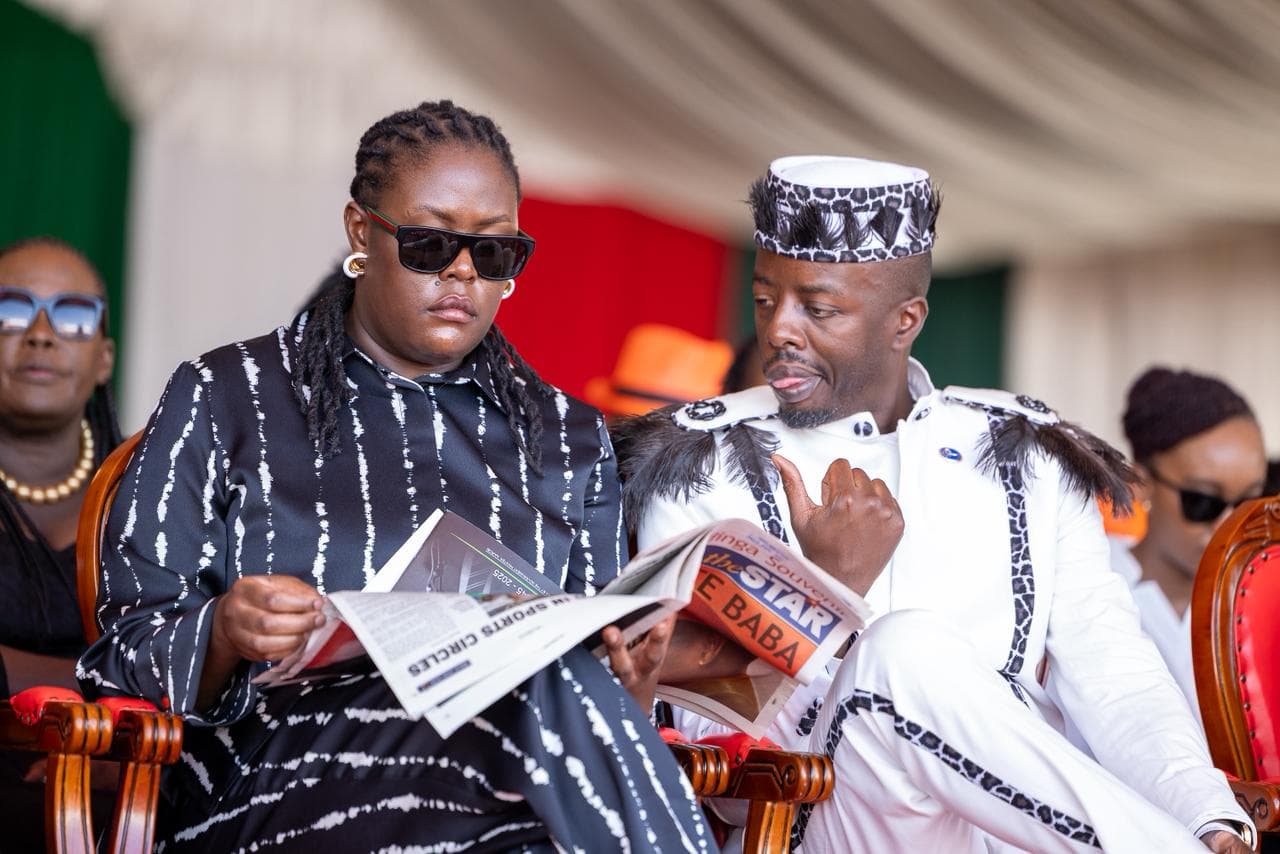
Member of EALA & Political Strategist
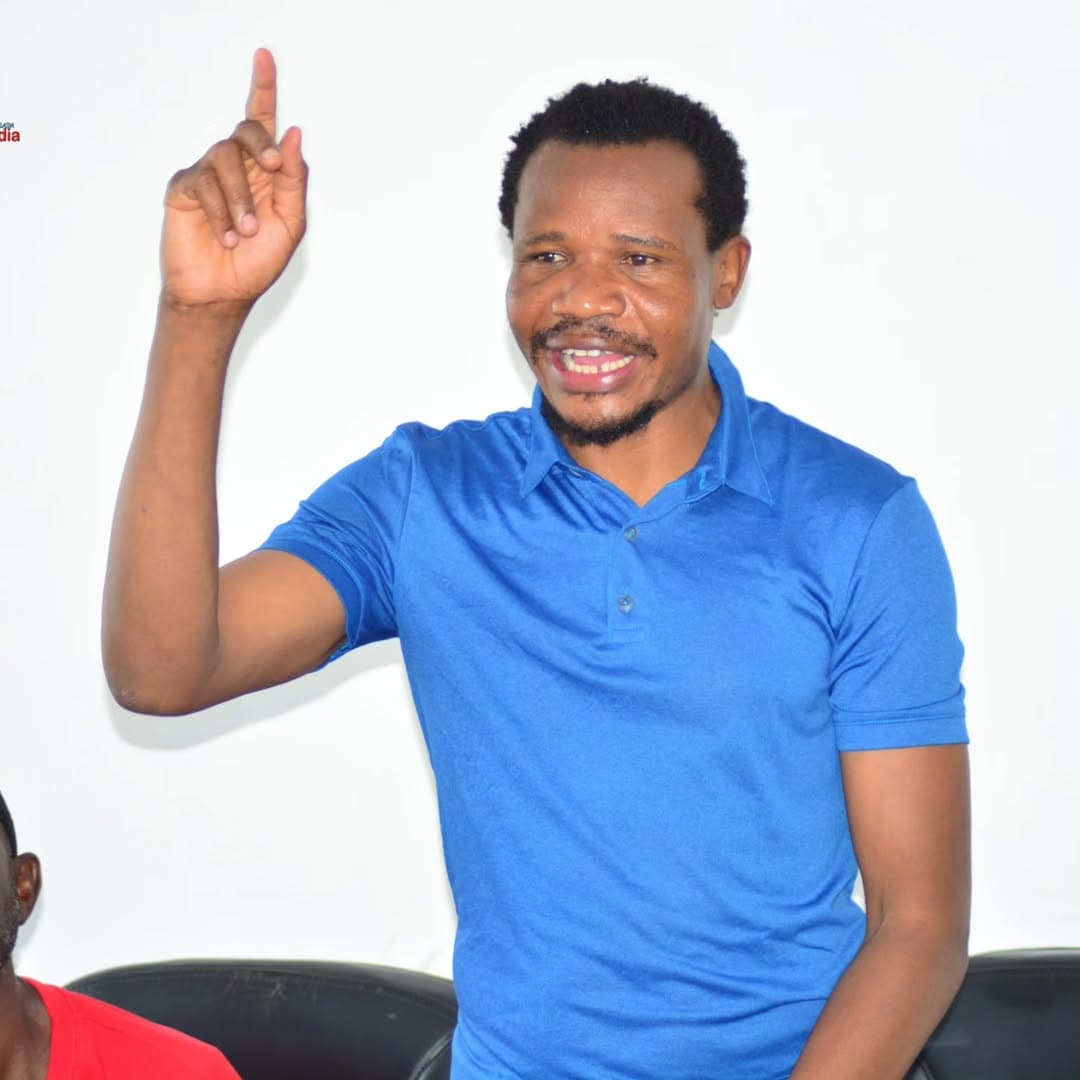
Member of Parliament, Mumias East
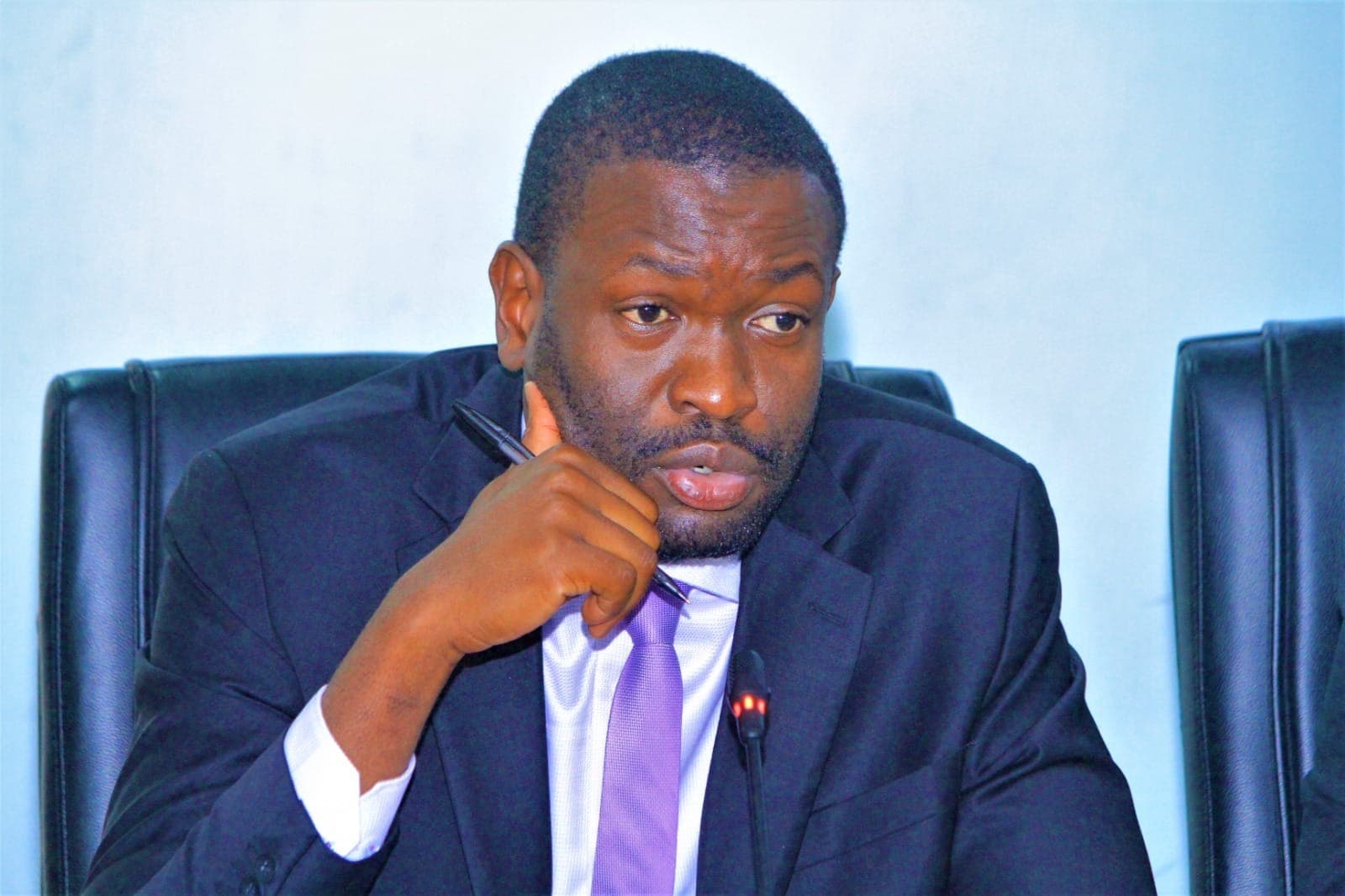
Senator for Nairobi County
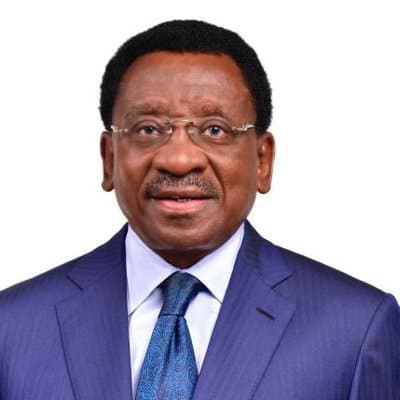
Governor of Siaya County
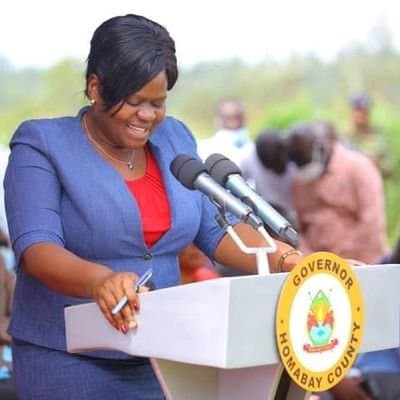
Governor of Homa Bay County
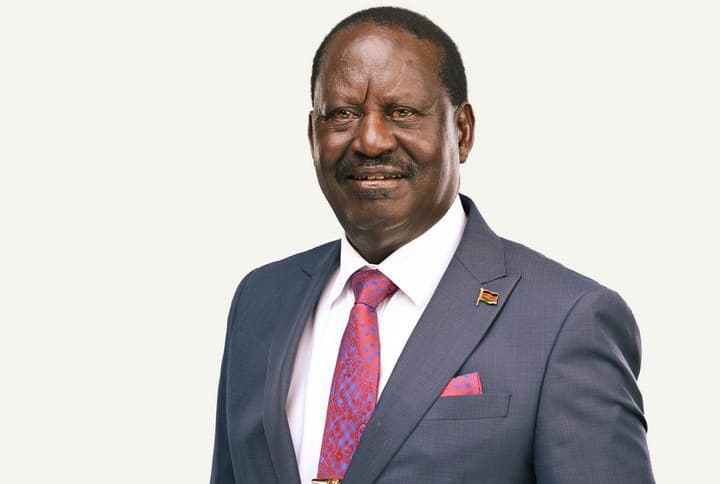
Leader of the Opposition
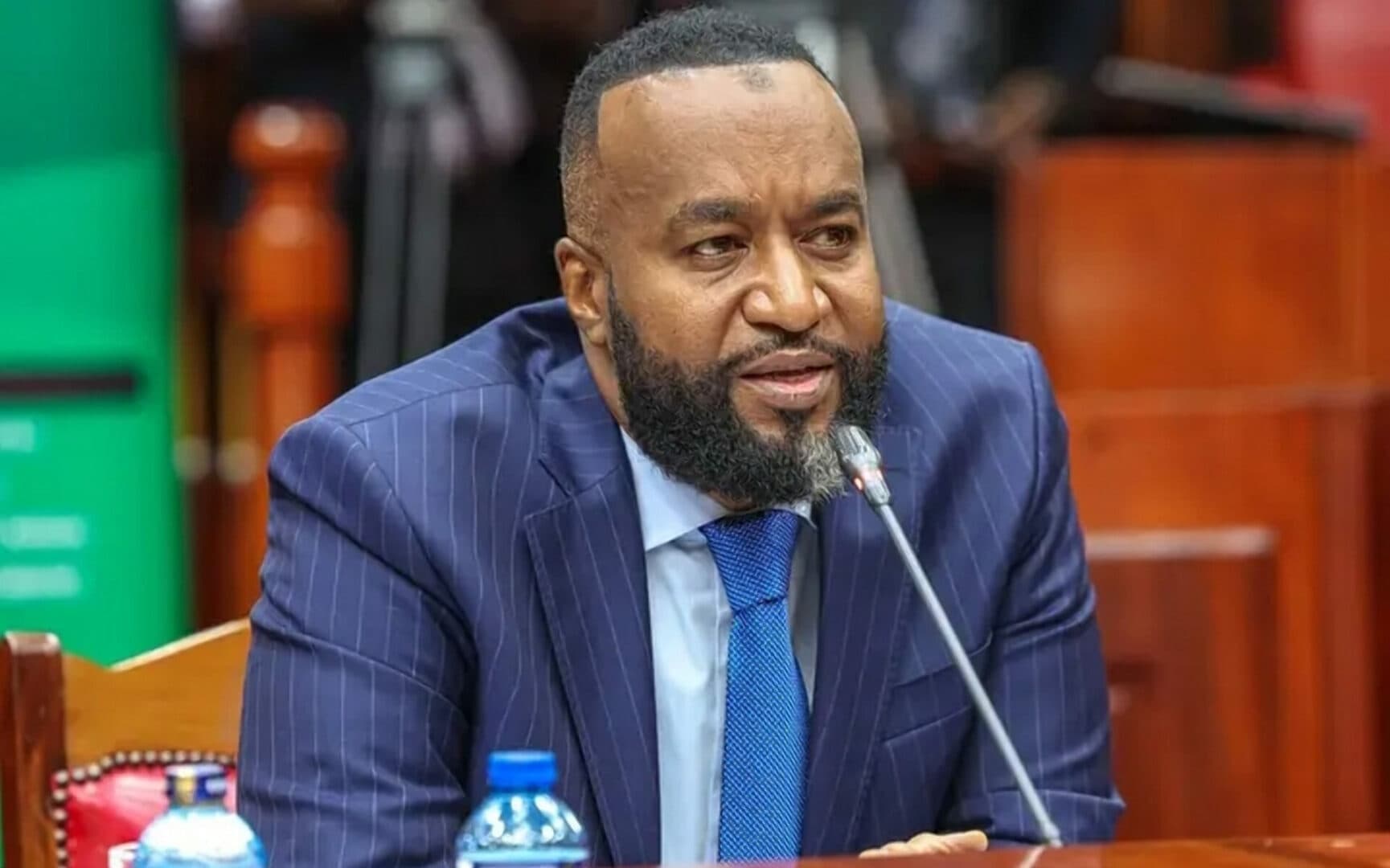
Cabinet Secretary for Mining, Blue Economy and Maritime Affairs